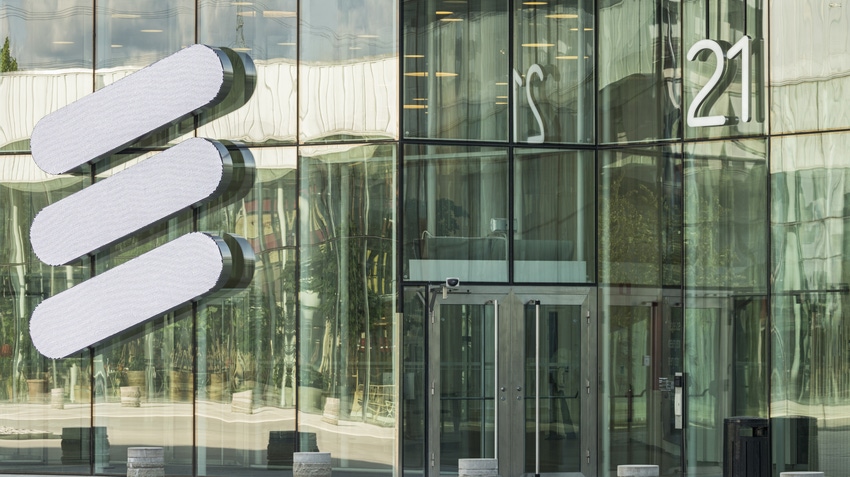Eurobites: Ericsson wins slice of 6G research funding
Also in today's EMEA regional roundup: MTN hands IoT contract to Eseye; UK government consults on Open Communications; EE upgrades in the Lake District.

Ericsson is set to receive five years' funding from the German government for a project that will aim to drive progress in semiconductor technology and ultimately provide a firm foundation for the development of 6G Massive MIMO radio equipment. Ericsson's antenna technology unit will lead the project, which will be based at the Rosenheim R&D site in Germany. The project is part of a wider initiative jointly set up by 14 EU member states which will provide up to €8.1 billion (US$8.7 billion) in public funding for research work that, they hope, will help semiconductor technology evolve in Europe.
Back in the present, Ericsson has also unveiled an extension to its Expert Analytics product, a tweak the vendor claims introduces AI-fueled "advanced troubleshooting" to its range of capabilities. TPG Telecom Australia has given its backing to the product.
South Africa's MTN has awarded a multi-year global eSIM and IoT connectivity platform contract to Eseye, a UK-based IoT specialist. The agreement will see Eseye's Integra offering used in South Africa, with the aim of rolling out the platform to all of MTN's 18 operating companies across Africa.
The UK government has launched a consultation on its proposed "Open Communications" scheme, which would require broadband and mobile companies to provide their customers (on request) with data about their telecoms service – for example the price they pay, their download speeds and the data they use. The consultation wants to find out which organizations should participate, which data should be made available and how data should be shared with consumers. Those invited to stick their oar in include Internet service providers, mobile network operators and mobile virtual network operators. The consultation closes on November 13.
And in a similar neck of the woods, the Institute of Economic Affairs has accused the UK government's forthcoming Digital Markets, Competition and Consumers Bill (DMCC) of, in the right-wing think-tank's words, "undermining investment, innovation and the rule of law." (Which, even for a right-wing think-tank, seems a little strong.) The government bill is intended as an update to the Competition Act of 1998 and the Enterprise Act of 2002, rendering them more appropriate to regulating competition in the digital age. In the conclusion to its treatise, the IEA says: "Ultimately, the DMCC will amount to the CMA [Competition and Markets Authority] telling some of the most successful and popular platforms on the planet how to run their businesses, with no right for the affected firms to challenge the CMA except on procedural grounds. The DMCC Bill therefore risks damaging investment, innovation, and the competitiveness of the British economy. It makes the ambition of turning Britain into an innovation superpower much more distant." Or, to put it another way, regulation is for wimps.
EE, the UK mobile operator owned by BT, has upgraded two masts in England's Lake District to 4G as part of the government-funded Shared Rural Network program. For those thinking "that's two beautiful Lakeland views ruined then," EE assures us that both masts are "situated in non-intrusive areas while providing maximum benefit." The UK government hopes to cover 95% of the country (in geographic terms) with 4G by the end of 2025. (See Eurobites: UK mobile operators and government sign rural coverage deal.)
About the Author(s)
You May Also Like











